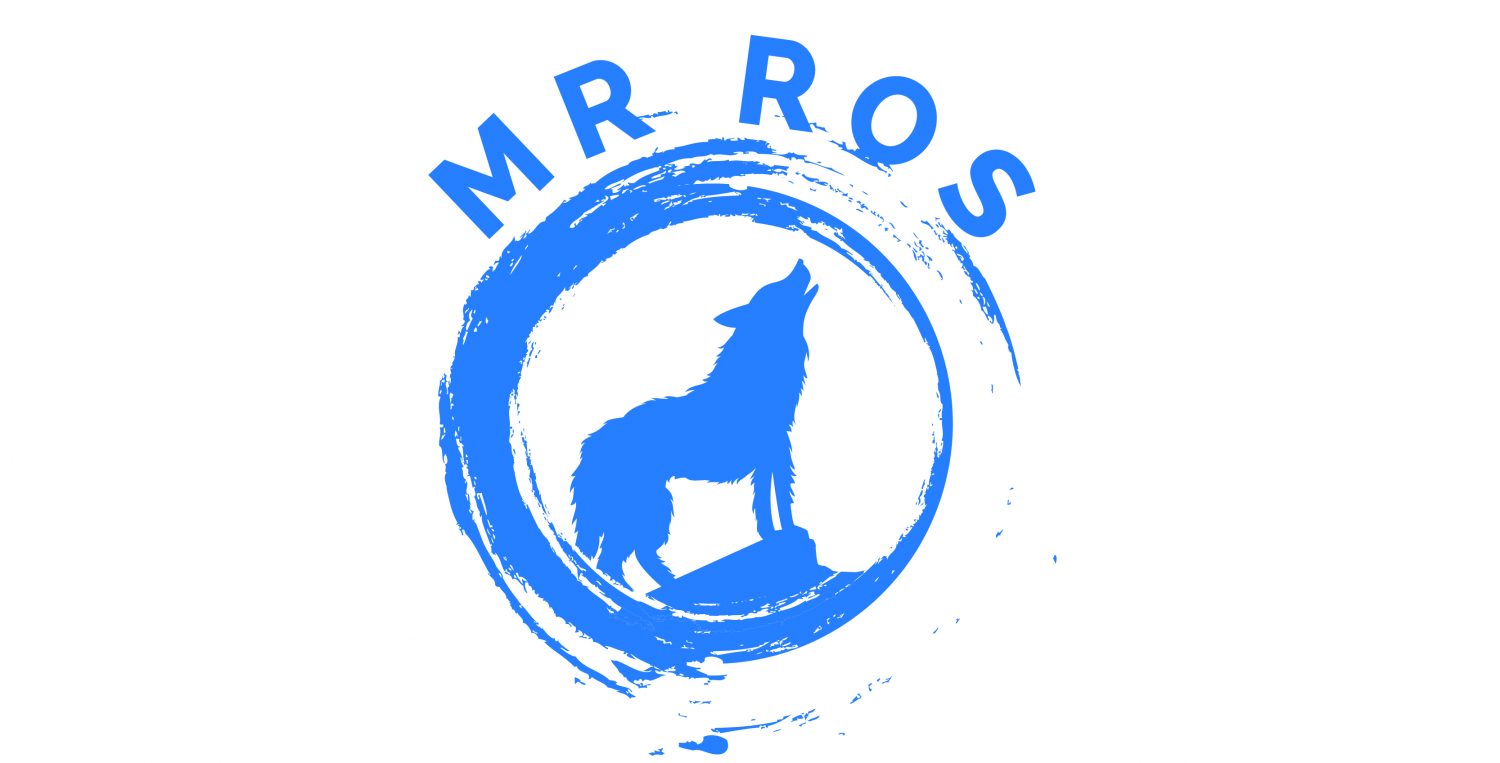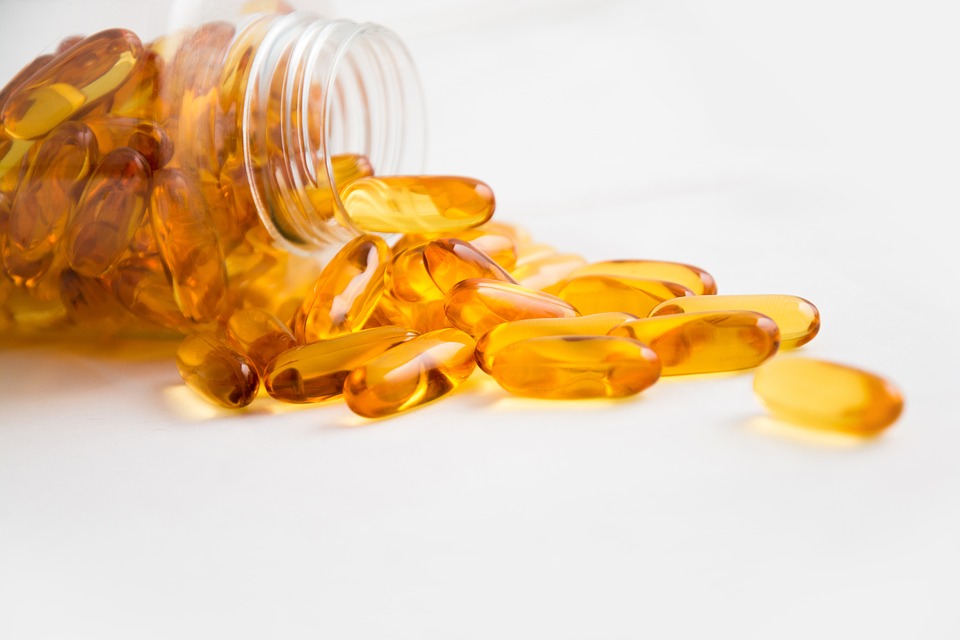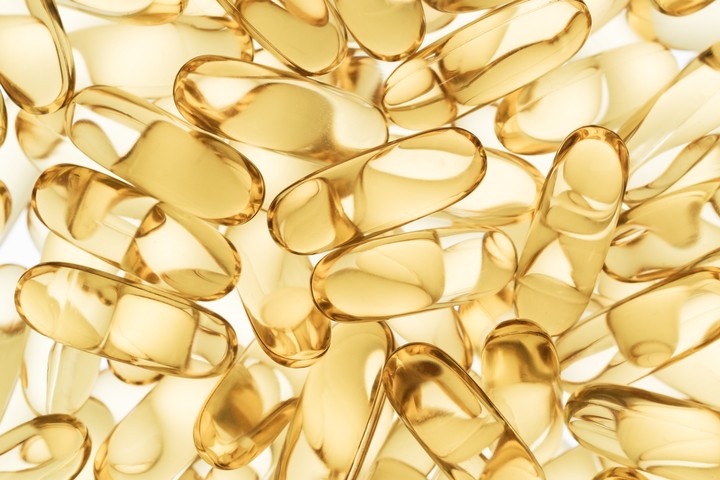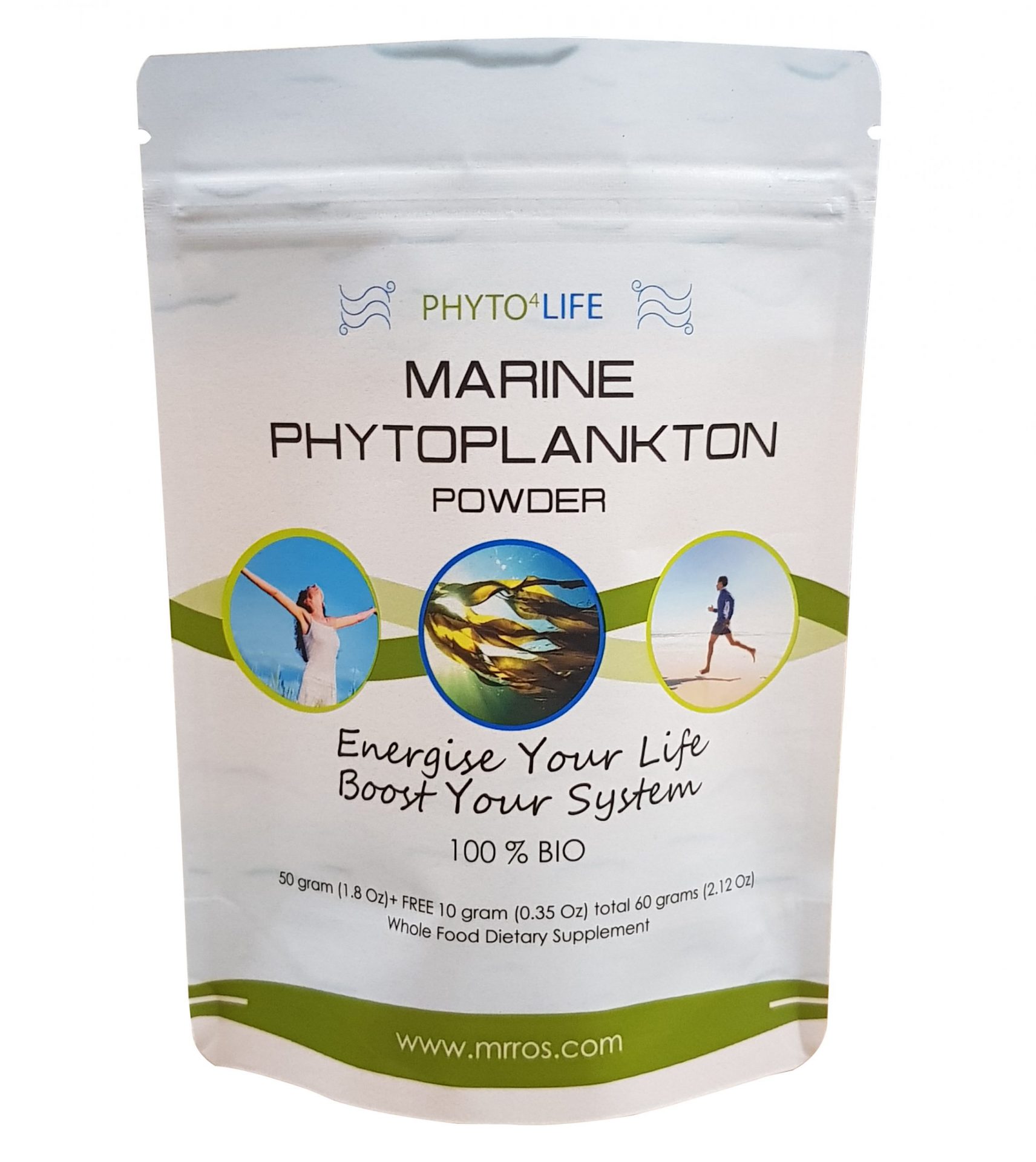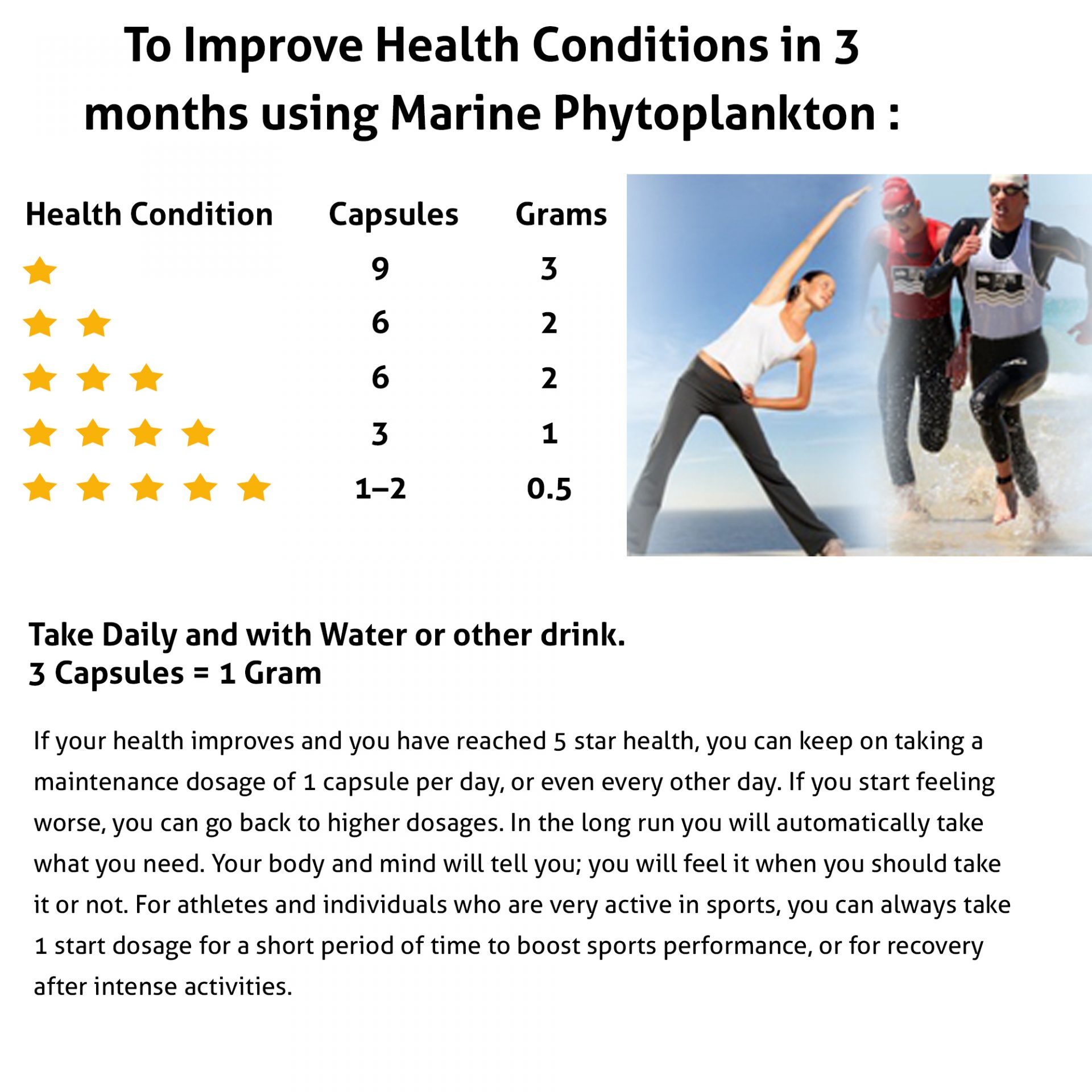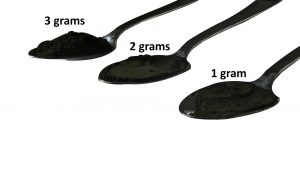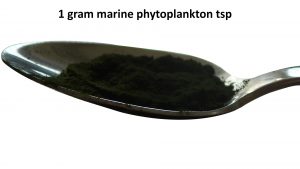In the pursuit of optimal health, we all have our habits. If you’re like about 10 percent of US adults, your death-cheating trick of choice is taking a little, oily pill: an omega-3 fatty acid supplement typically extracted from fish or shellfish.
Omega-3 supplements are the third most popular dietary supplement in the country, surpassed only by vitamins and minerals. They’ve been snapped up by Americans—and people around the world—with hopes of lessening their risk of heart disease and stroke, keeping their minds sharp, improving eye health, and a number of other uses.
Although we love our fish oil, recent research has suggested that omega-3 fatty acids—at least when they come in a supplement form—may not be as beneficial as pill-poppers would like to believe. Last month, a comprehensive review of 79 of the best conducted experiments on the supplement’s health benefits concluded that they make “little to no difference” on outcomes of premature death due to heart disease or stroke. And while the scientific consensus supports omega-3s’ positive effects on brain health and cognition, evidence suggests that obtaining the fatty acids from their whole food sources (like fish, nuts, and seeds) might be more effective than seeking them in isolated supplements.
And there are other, bigger reasons to question their use. As author Paul Greenberg explores in his most recent book, The Omega Principle, our taste for fish oil is destroying ocean life as we grind down tiny organisms such as krill, sardines, and anchovies to pack into those supposedly life-giving pills. The base of the ocean food chain, these critters perish by the millions of metric tons each year to satisfy our growing desire for fish oil, disrupting the food supply of important predator species including cod, tuna, and whales.
We spoke with Greenberg about our omega-3 obsession and whether we’re on course to empty our oceans in the pursuit of the perfect pill.
TONIC: How did our fixation on omega-3s begin?
Paul Greenberg: Before the rise of the supplement industry, interest in cod liver oil actually goes way back before we knew that omega-3 was good for the heart or brain. The oil’s healthful properties were identified in the 19th century, as a cure for rickets, which is caused by a deficiency of vitamin D. Cod liver oil became a major industry in Norway and, from a clinical point of view, there was a very positive feeling around fish oil.
In the 40s and 50s, in the wake of all the discoveries about vitamins and minerals, there really weren’t that many nutrient categories left to research. So researchers were like, “Well, let’s look at the fats.”
One very important development happened in the 70s, when two Danish doctors, Hans Olaf Bang and Jørn Dyerberg, went to Greenland because they’d read there were very low levels of cardiovascular disease among the Inuit eating seals and whales and fish. When they did blood lipid analyses of Inuit samples, they found very high amounts of omega-3 fatty acids and formed a hypothesis that omega-3s might be responsible for the lower levels of coronary heart disease among Greenland Inuit.
This created excitement in the research community and later, in the late 80s/early 90s, the first pharmaceutical grade omega-3 supplement hit the market.
What are some of the ways that the market for omega-3 supplements is disrupting food chains in the oceans?
PG: What I learned is that solar radiation drives the entire ocean life cycle—just like on land—but the ocean works differently. The grass of the ocean is plankton, which takes solar energy and transforms it into molecular bonds. All that energy would remain locked up in the plankton if not for the little fish that come along and eat it [then bigger fish eat them]. Fewer “forage” fish can mean a simpler and less productive ecosystem—and forage fish are being removed from marine ecosystems at high levels all around the world.
Many people are familiar with the book Cod by Mark Kurlansky. When I was working on my book, I circled back with some of the sources in Mark’s book, and what I learned about the collapse of the cod population that he describes was that not all of the collapse was due to overfishing of cod—it was the overfishing of what the cod ate that might have done greater damage. Cod eat these small fish called capelin, which are commonly used for fish meal and fish oil. A similar thing occurred in the 70s and early 80s, when the American striped bass population collapsed. It can be argued that part of that collapse was due to a reduction in their prey, menhaden, which is also ‘“reduced” into animal feed and dietary supplements.
What advice do you give people who want to get the potential health benefits of omega-3s, but don’t want to be implicated in the destruction of our oceans?
PG: If you want to take a supplement, go for one that’s made from algae. No fish have to be killed, and it’s a very sustainable way of producing omega-3s. There are also supplements that aren’t based on the giant reduction industry that produces most fish oil, but rather on fish waste. There’s a very good brand called Pure Alaska Omega that uses off cuts from the salmon industry in Alaska. (See Marine Phytoplankton by Mr Ros for algae instead of fish oil – Red.)
Actually, Martha Stewart inspired this product. She was visiting the salmon smokehouse at this facility, which is owned by an Italian American guy named Sandro Lane. She saw all these salmon heads and guts strewn all over the place and she said, “Can’t you do something with all this?” As an Italian, Sandro was familiar with the concept of cold-pressing olives for olive oil, so he started doing the same thing with the salmon viscera. The salmon are kept chilled for the entirety of the catch cycle, which means the oil is much less likely to oxidize. Once it oxidizes, it’s more or less useless to human health.
But another thing you can do to reap the benefits of omega-3s is to simply include more oily fish in your diet. We can direct our dollars toward fishermen who catch food fish, instead of toward the supplement industry. A fisherman that is fishing for human consumption is much more likely to get more dollars per pound than a fisherman trying to catch fish for industrial reduction. So if you can find them, try to buy Peruvian anchovies and help direct fisherman away from the reduction industry and toward the market for human consumption.
The world’s largest single fishery is the Peruvian anchoveta, or anchovy: 2 to 5 million metric tons of anchovies are caught per year, and more than 95 percent of those fish go into reduction cookers. This fish is completely edible and just as delicious as any anchovy.
This interview has been edited for length and clarity.

